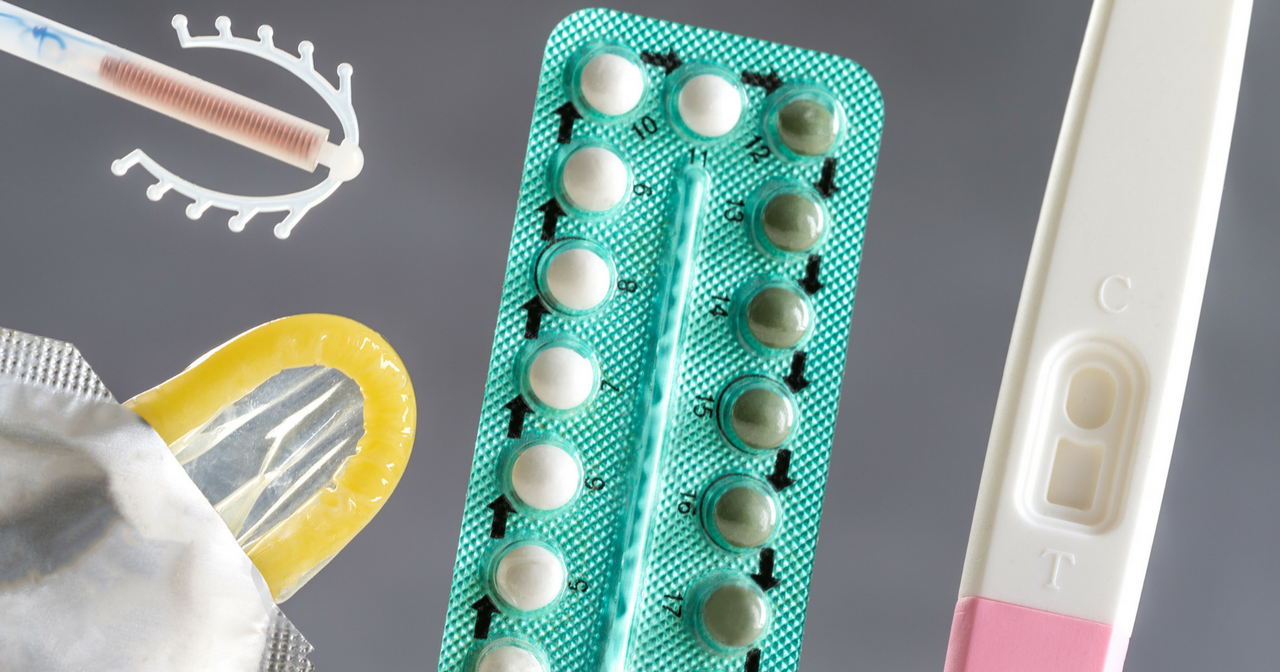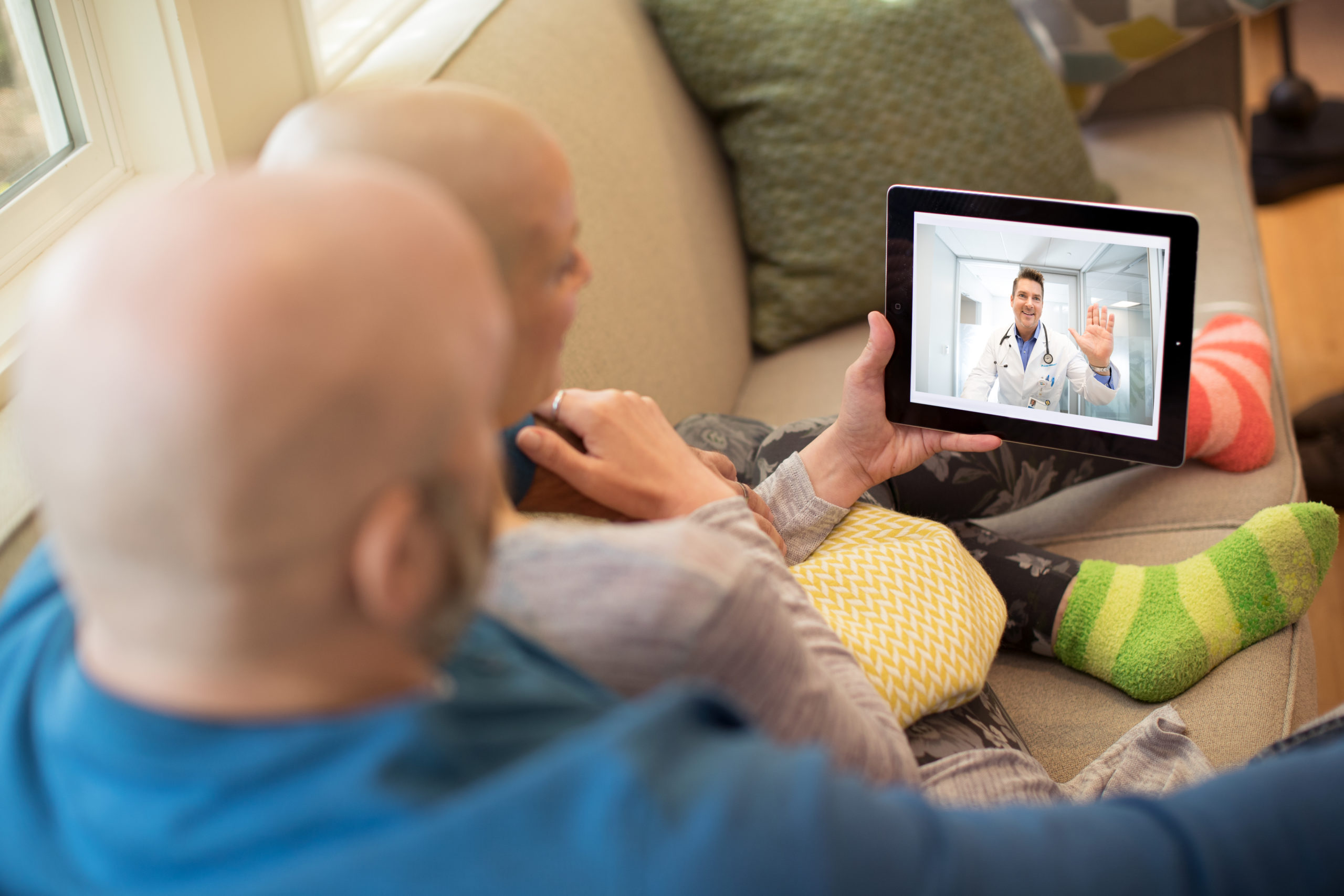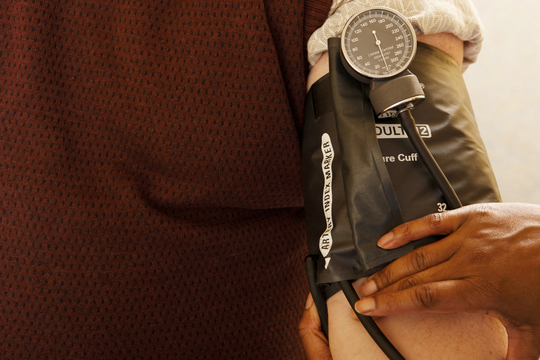More than half of all pregnancies, or nearly all teen pregnancies, in the United States are unplanned and limited access to birth control has a lot to do with it. The world’s first birth control pill—Enovoid 10—was introduced by drug firm G.D. Searle & Company in 1960. Nearly 60 years later, birth control is far more than swallowing a pill every day yet access to all options are more limited than many Americans might realize.
One in 50 American women has reasonable access to all forms of birth control.
In 1972, the Supreme Court ruled birth control legal for all women across the U.S., but currently only one in 50 women has access to the full range of birth control methods, according to Power to Decide.
Power to Decide, the campaign to prevent unplanned pregnancy, defines reasonable access as having at least one clinic or provider per every 1,000 women in need of publicly funded contraception. Particularly, women living in the Midwest region and Texas experience a higher rate of incidence than other American women.
Originally founded in 1996 as The National Campaign to Prevent Teen and Unplanned Pregnancy, the name changed to Power to Decide acknowledging that unplanned pregnancy happens in women of all ages.
Today, they aim to increase access to and knowledge of birth control by advocating and protecting funds for reproductive health care. They also work to identify and serve areas they call “contraceptive deserts,” where there are limited to no birth control access.
“Birth control is basic health care and more than 19 million women don’t have equitable access. We need to continue to advocate so that all women can get the care they deserve,” stated Ginny Ehrlich, Power to Decide CEO.
Her statement along with the results of a telephone survey released last year to commence the campaign’s sixth annual “Thanks, Birth Control” Day. On November 13, both women and men celebrated contraception on behalf of all women, their families and society via social media. In case you missed it, search the hashtag #ThxBirthControl to find supporters in their Power to Decide apparel or read testimonials about their unique experiences in support of the different methods of birth control.
“Nine in 10 [American] women use birth control at some point in their lives,” said Ehrlich.
In 2017, the campaign reported a 67 percent reduction in the nation’s teen birth rate since 1991. However, Ehrlich said African-American and Latina women are still underserved.
‘That has nothing to do with the women themselves; that has to do with the system failing them,” said Ehrlich.
Power to Decide partners with African American faith leaders and their Latino Initiative to help close disparity gaps among racial and ethnic groups and ensure that all communities are reached.
Throughout the year, Power to Decide has hosted trainings, meetings and a retreat at the Center for Total Health dedicating time and effort towards their Better Birth Control (BBC) Framework. The BBC Framework is structured to break barriers to health and social services that prevent people from having the power to decide if, when, and under what circumstances to become a parent.
About Power to Decide
Power to Decide is a private, non-partisan, non-profit organization that works to ensure all people—no matter who they are, where they live, or what their economic status might be—have the power to decide if, when, and under what circumstances to get pregnant and have a child. To get involved visit here.
About the Center for Total Health
The Center for Total Health is dedicated to sharing, developing, and accelerating ideas that improve total health around the world. To host your next meeting at the Center, please complete the request form.




